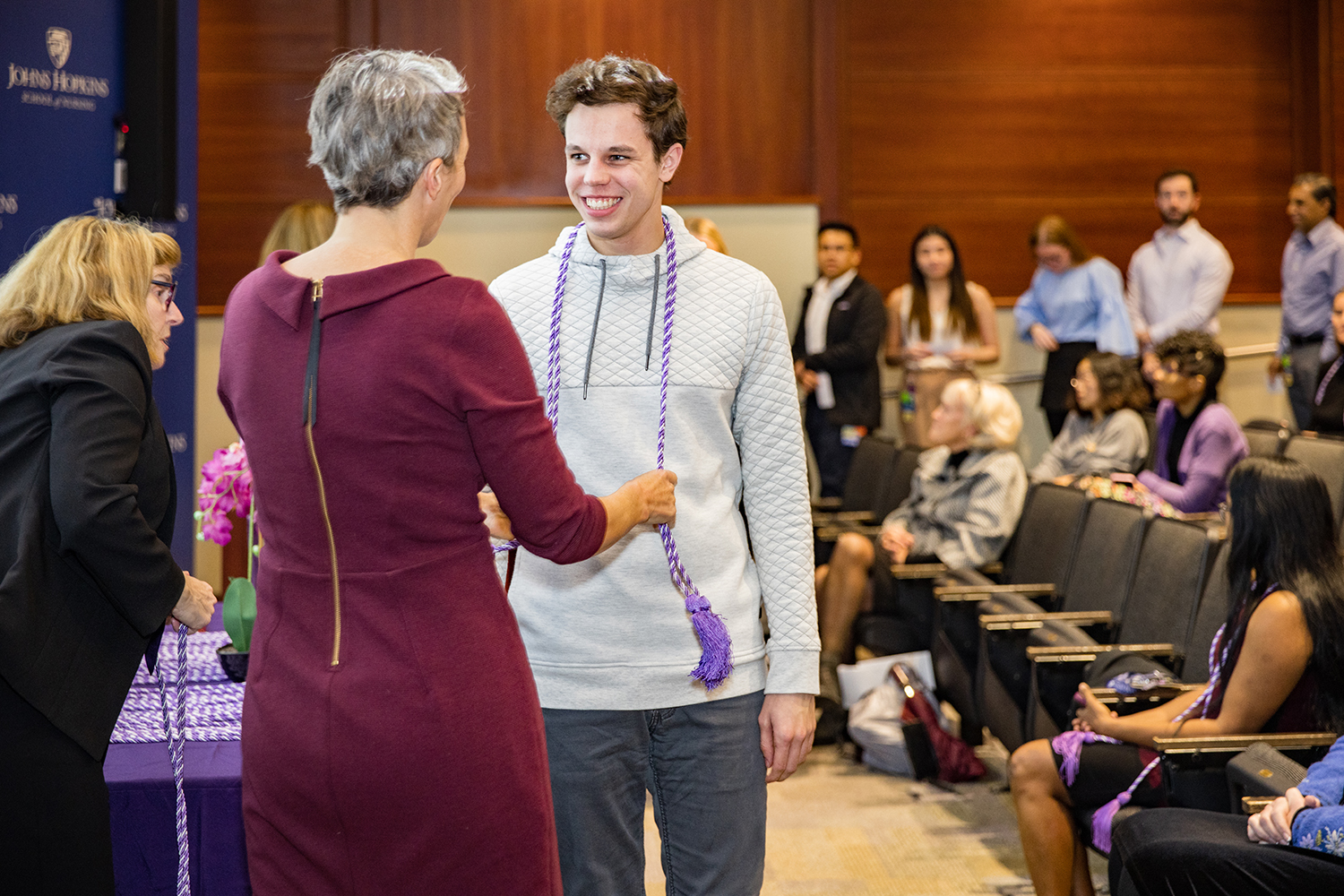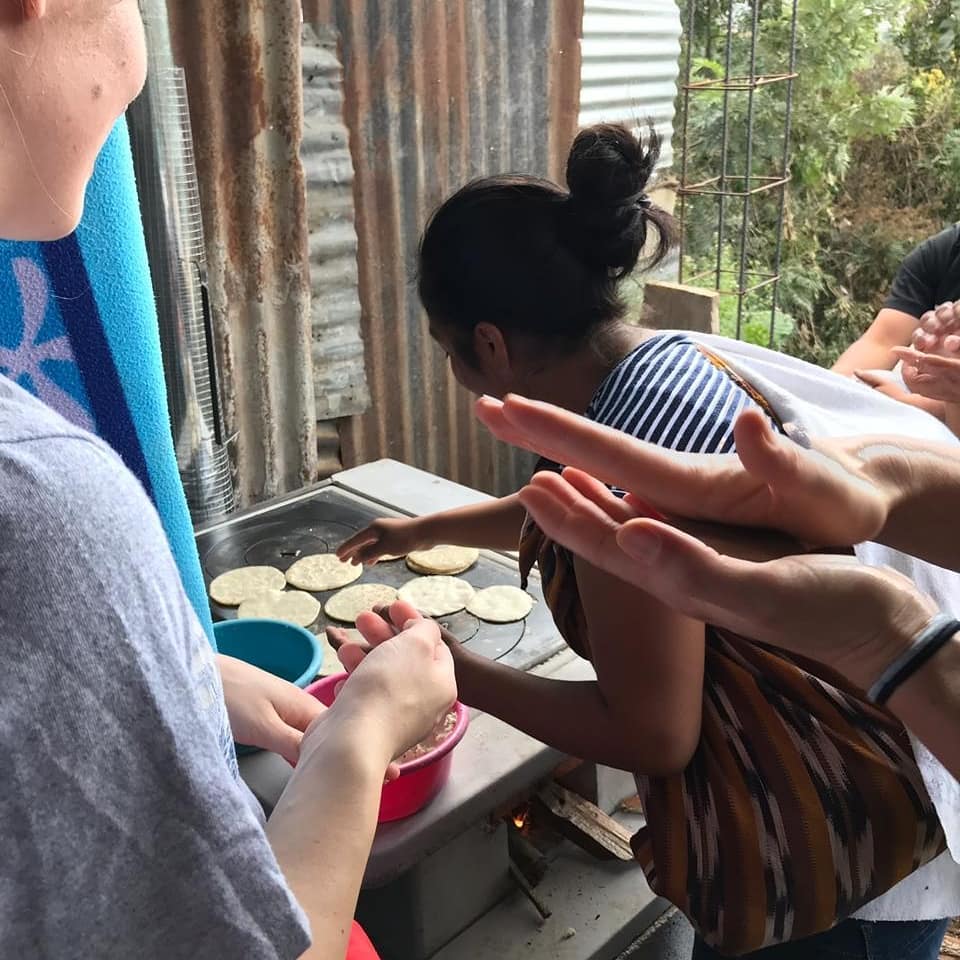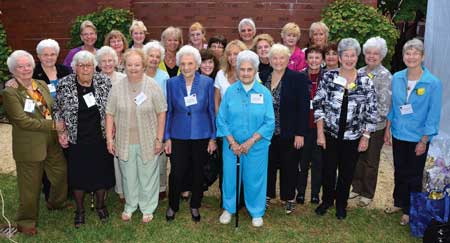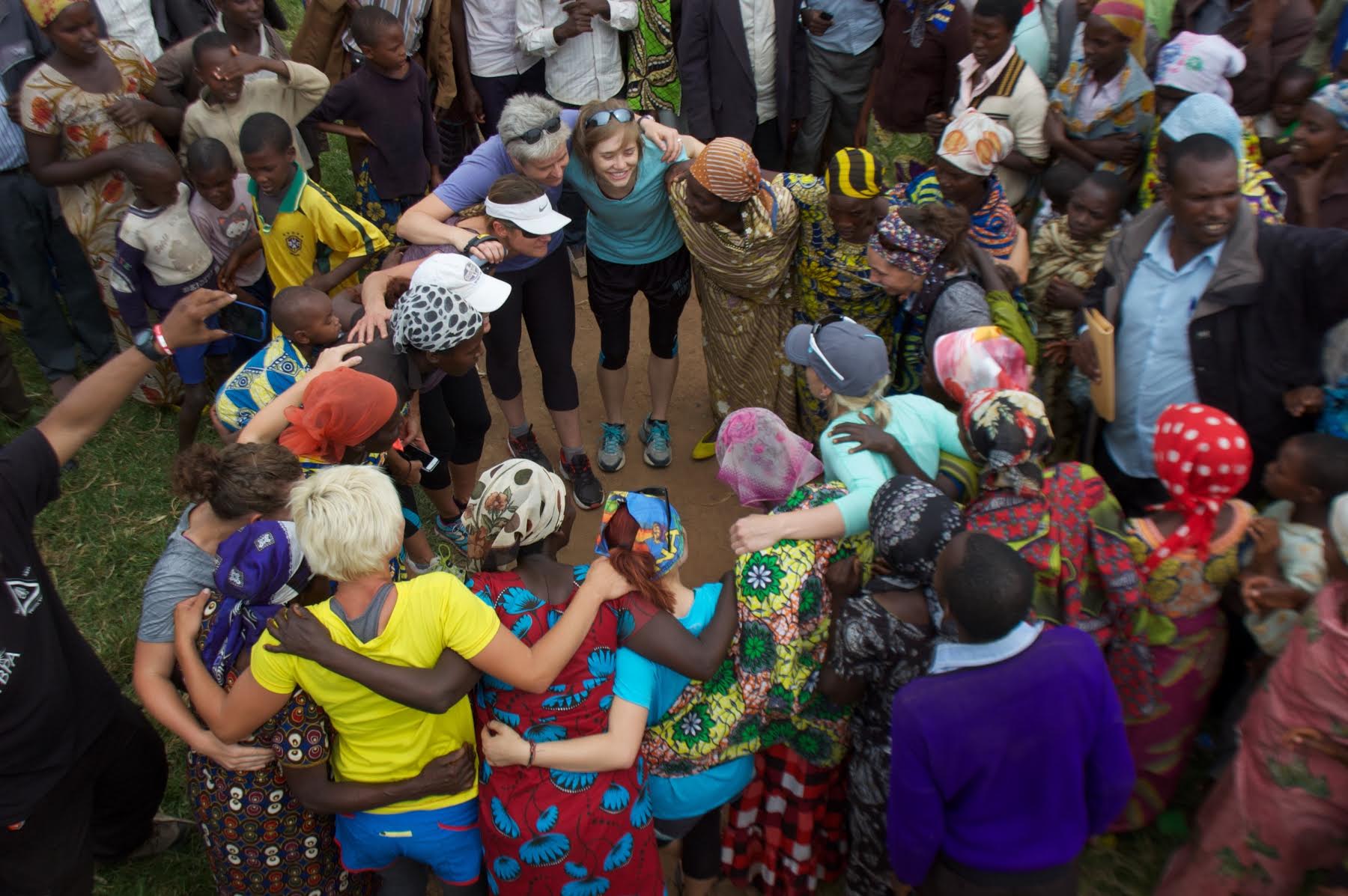It’s official: I’ve bought my plane tickets to go to Haiti in February. The trip is part of my Johns Hopkins University Public Health Nursing clinical rotation. Haiti covers the western third of the Caribbean island of Hispaniola. Seven other students, Dr. Beth Sloand, and myself will be flying from DC, to Miami, into the Haitian capital city of Port-au-Prince. From there we will be taking a small charter plane to our destination, Jérémie (Jeremi in Kréyòl), a city of about 31,000 people that is almost isolated from the rest of the country.
In Jérémie, we’ll be doing several community health projects, including providing health screening and education to adolescents, providing interventions in maternal and child health clinics, and working in a hospice program for children and adults. Beth Sloand has been going to Haiti for many years–I think 15 or so, I have to ask her again–both before and after the 2010 earthquake, and she’s very familiar with the health needs of the area.
With the trip less than two months away, we have a lot of preparation to do. Here are a few of the things I’m working on:
PURCHASE PLANE TICKETS: Done! I’ll be flying from DC to Miami, and then from Miami to Port-au-Prince.
WRITE LETTERS TO THE DEAN AND PROVOST: Johns Hopkins University has a policy that they will not send students to countries that have a US State Department Travel Warning–and Haiti is currently on that list. Haiti has had a travel warning off and on for many of the years during which Beth Sloand has continued to bring students there. Each of us needs to write a letter to the Dean of the School of Nursing and to the Johns Hopkins University provost to petition for exception, explaining why we think that this trip is worth the risk to us personally, for our education and our careers. No one has been refused yet, but the petition for exception is still an important part of the process.
PAPERWORK: There is paperwork to be done for both the University and for the organizations that we will be partnering with in Haiti. There is probably paperwork to be done for several other parties, too. I don’t doubt it. Gratuitous amounts of paperwork generally seem to accompany anything involving travel, risk, and academia.
LANGUAGE: I don’t have any illusions about learning Kreyol with any kind of conversational proficiency in the next eight weeks. I do want to learn as many words and phrases as I can before I go, though. I think it’s an important part of understanding a place, and while I may not get very far, just knowing my basic pleasantries will make me happier and is a courtesy I would be embarrassed not to have.
VACCINATIONS: Before I go, I need to make sure that I’m up to date with my vaccines. Tetanus and Hep A will be necessary. Typhoid will also be a good one to get, given that the sanitation system in Haiti is, as Dr. Sloand put it, “a little grim.” Dr. Sloand is also encouraging us all to take anti-malarials before going. Additionally, we are all required to carry ARVs (HIV post exposure prophylaxis) in the event of a splash or needlestick.
EXPENSES: Oh yes, expenses. Fund raising–both personal and for the group–will begin quite soon. Ideally, we will be able to cover the entire cost of the trip through fundraising. The largest expenses are those incurred actually getting there (plane tickets). Once in Jérémie, we will spend very little money.
DONATIONS: Each of us will be bringing 1 large bag to Haiti–not for ourselves, but for equipment and supplies. (Personal luggage can all fit in a carry-on). The more of these things that we can get by donation, the better. Some things we will need to purchase: medications, vitamins, hemocue microcuvettes, and other medical supplies are part of our budget. Other things, though, can be solicited from our communities before we leave, such as items like soccer supplies, sports bras, toothbrushes, clothing, coloring books and crayons, etc.
READ & RESEARCH: I’m trying to brush up on my Haitian history before I go. I’m also trying to read more about the organizations that we will be meeting and partnering with, like the Haitian Health Foundation, and read articles and blogs by other aid workers who have been in Haiti in the last five years. I want to have as much context as possible before we start designing our interventions. I’m even re-reading my own old journals from when I visited Haiti in 2003, to help me remember what I saw then and where I was.
It seems like it’s a long ways off, but in some respects, the trip is right around the corner.

 If the Honor Cord Fits…
If the Honor Cord Fits… Who benefits from short-term medical missions?
Who benefits from short-term medical missions? China Visit Enhances Global Collaboration
China Visit Enhances Global Collaboration Run Nancy Run!
Run Nancy Run! Memories of Guatemala
Memories of Guatemala







